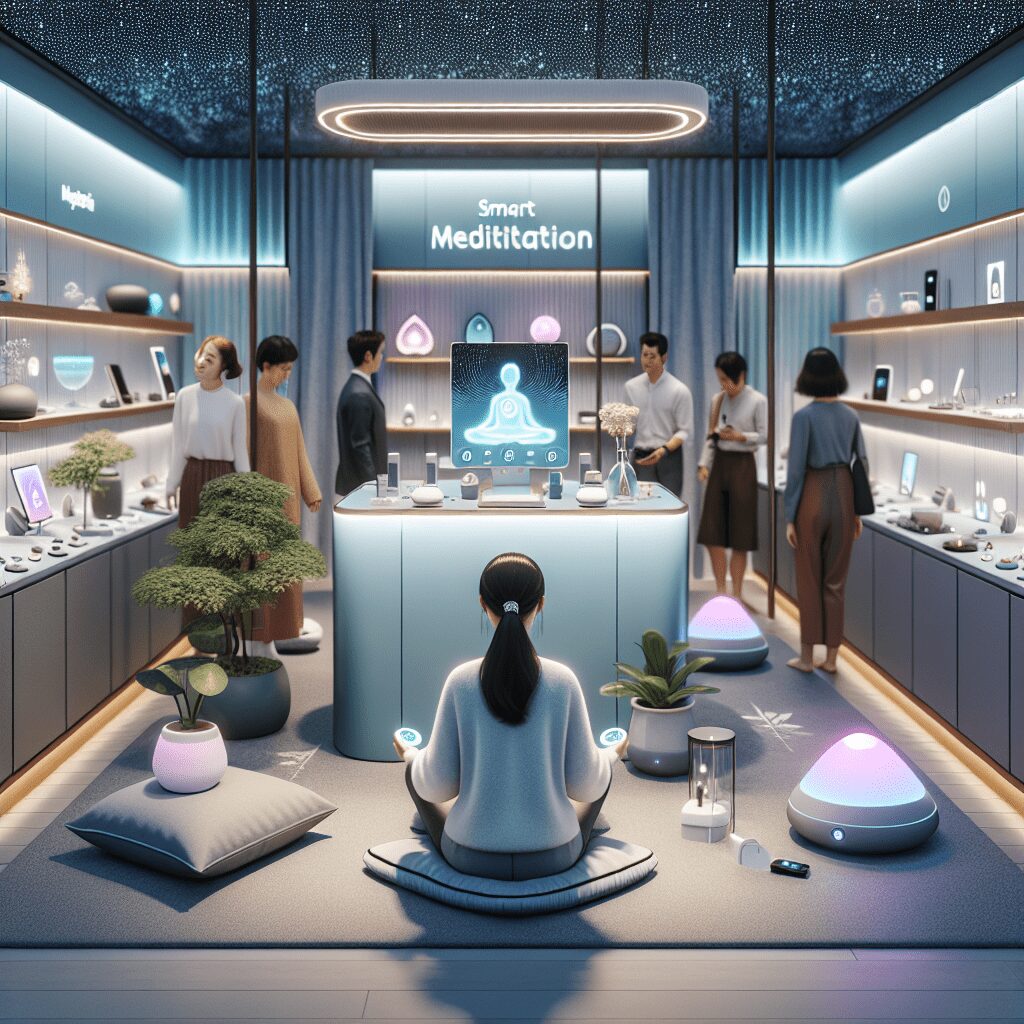
Prioritize your mental well-being daily. Enhance your life by nurturing your mental health with the Smart Meditation app. Break free from stress, alleviate anxiety, and enhance your sleep quality starting today.
How Does Napping Reduce Stress Sleeping Person?
The Power Nap: A Stress-Buster’s Secret Weapon
Ah, the humble nap – often seen as the preserve of the lazy or the luxury of toddlers. But hold your horses! Before you dismiss the midday slumber, let’s dive into how this snippet of sleep can actually be your ally in armoring up against stress. Yep, you read that right. Napping isn’t just about catching some Zs; it’s about hacking your brain’s stress response system for a more serene state of mind. So, how does this magic happen? Let’s unwrap the mystery.
The Science Behind Snooze-Led Serenity
First off, it’s crucial to understand that stress isn’t just a feeling. It’s a cocktail of chemicals, namely cortisol and adrenaline, which your body releases to cope with perceived threats. Back in the day, these chemicals were handy for outrunning saber-toothed tigers. In the modern world, they’re more likely to be triggered by an overflowing inbox than an oversized cat. However, the body’s response remains the same, and that’s where napping comes into play.
-
Napping Lowers Cortisol Levels: Think of cortisol as the body’s built-in alarm system. Too much of it, and you’re in a constant state of red alert. A quick nap can effectively hit the “mute” button on this alarm, reducing cortisol levels and, by extension, your stress.
-
Boosts Learning and Memory: Ever try to focus when stressed? It’s like trying to thread a needle during a rollercoaster ride. Napping can clear the fog, thanks to its ability to move knowledge from the hippocampus (where short-term memories are stored) to the neocortex (where long-term memories are made). This transition not only enhances learning but also frees up the hippocampus for new information, reducing the stress of overloading.
-
Enhances Emotional Regulation: Ever noticed how everything seems more catastrophic when you’re tired? That’s because lack of sleep hampers your brain’s ability to regulate emotions. A nap can recalibrate your emotional responses, making you less reactive to stressors.
How to Nap Like a Pro
Napping might seem straightforward – plop down, close your eyes, and drift off. But there’s an art to it, especially if you’re looking to maximize its stress-reducing benefits. Here are a few pointers:
- Timing is Everything: Aim for a 20-30 minute nap. This keeps you in the lighter stages of sleep, making it easier to wake up refreshed rather than groggy.
- Consider the Clock: Early to mid-afternoon is the prime time for napping. It’s when your body naturally experiences a dip in alertness and energy. Avoid napping too late in the day unless you want to be counting sheep come bedtime.
- Create a Restful Environment: Find a quiet, comfortable spot. Dim the lights or use an eye mask. The goal is to signal to your brain that it’s time to wind down.
- Regularize: If you can, make napping a part of your regular routine. Consistency helps your body anticipate and prepare for this mini-siesta, improving the quality of your nap.
In a nut shell, dismissing napping as a sign of laziness is yesterday’s news. In the relentless whirlwind of modern life, carving out time for a brief bout of shut-eye can be an act of self-care that pays dividends in stress reduction and mental clarity. So, next time the world feels like it’s on your shoulders, remember that the solution might just be a nap away. Embrace the power of the nap, and transform your day from stressed to de-stressed with just a wink (or two) of sleep.




